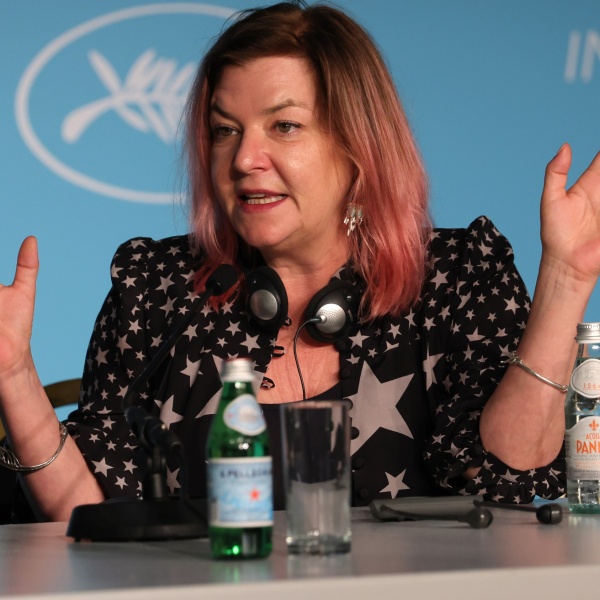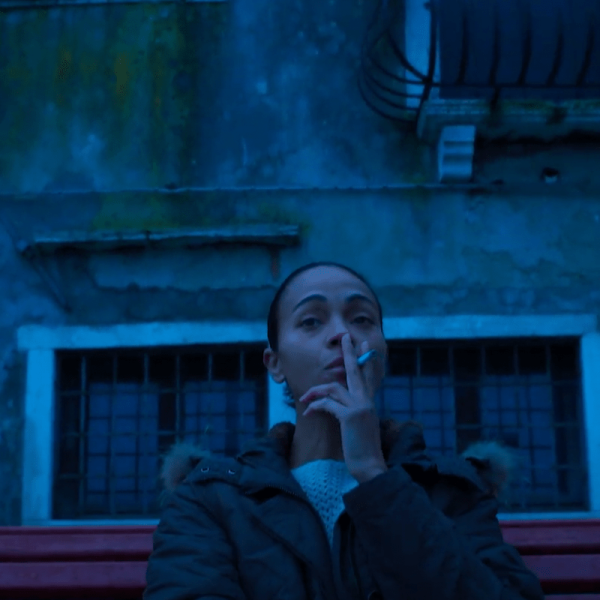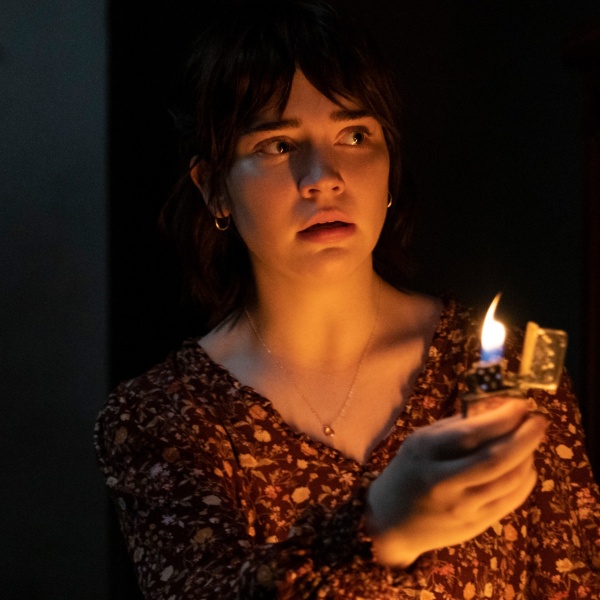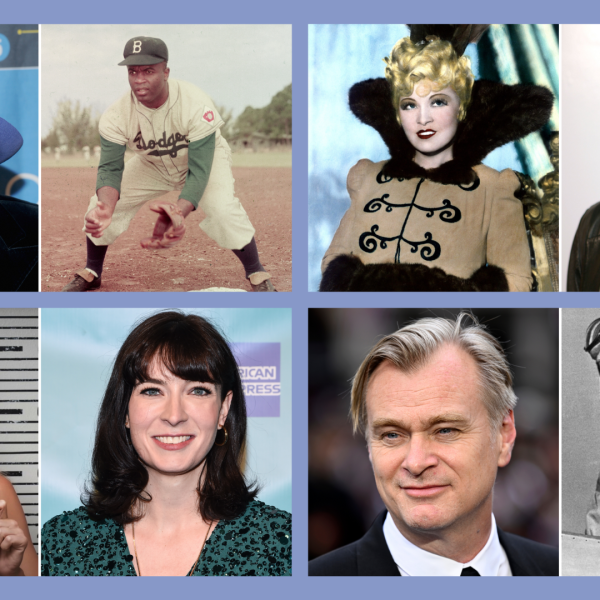
While the release schedule is starting to look a little less grim over the next few months — most upcoming weekends promise at least one picture that doesn’t actively insult our intelligence, which is a start — the wait for the May release of Terrence Malick‘s “The Tree of Life” still seems interminable. It’s a picture that we’ve been looking forward to for the last couple of years, so you’ll excuse us if we jump on to any slivers of information about the film which has largely been under wraps.
The Film Stage came across the site of the film’s French distributor EuropaCorp, who are opening the film there on May 18th, and revealed that the film now officially has a running time — 2 hours and 18 minutes. By way of comparison, this makes it a good forty-five minutes longer than “Badlands” and “Days of Heaven,” but half-an-hour shorter than both “The Thin Red Line” and the extended cut of “The New World.” We don’t know about you, but that seems about right to us.
More substantially, the site also found an interview on Allocine with the film’s composer Alexandre Desplat, who recently missed out on an Oscar for his work on “The King’s Speech.” While the video interview is in French only (embedded below nonetheless for our bilingual readers), The Film Stage found a translation, via IMDB, of Desplat’s words into English, and you can read below. Nothing earth shattering or all too different than what Desplat has been saying for the past little while but again, at this point, we’ll take what we can get.
“The Tree of Life” hits theaters in the US on May 27th, and is widely expected to premiere at Cannes.
Terrence Malick, he contacted me in 2007. And we met at Abbey Road in London. Then he told me about this project, saying that he really wanted, for the first time, to try having the music before starting editing the film. So I told him I would take him up on the challenge… live up to it but that it was something I was not used to do, because I like to see the films to feel the vibrations the energy, and that’s where my inspiration comes. But I told him we could try, so we tried. I wrote the music over the two years he was editing and filming. I recorded several times, 3 or 4 times, sometimes in London, then in Paris, then in Los Angeles, and I gave him, uh, pieces of music he has added at his discretion in the film. I knew from the beginning that there would be a lot of existing music in there, like he usually does in his films; there’s Berlioz, Ligeti’s there, and many more. I haven’t seen the finished film yet, unfortunately. [He talked to me, he guided me (implicit words, maybe edited by the journalist)] in terms of sensation, with classical references, of course, but too by evoking the film, by showing me sometimes clips of the film, by evoking the emotions that are the most, uh.. that are the most intimate in the film and to which he wanted me to refer. He talked about… uh.. He wanted the music to be a river flowing through the film, like that [gesture], coming down from upstream to downstream. Light, silence, innocence of childhood, things like that. Things that come up in all of his films.
Terrence is a scholar, a Francophile. He speaks French as well as you and me. He is nourished [his soul is nourrished] by German philosophy, French philosophy, English literature, et cetera. He knows astronomy and ornithology, and he knows music very well.. even if he tries to hide it. But for example, he can sing the third movement of a sonata of Beethoven.. So he is, he is unbelievable, he’s an absolute genius … For me he’s like the medieval monks who were the bearers of knowledge. He is… he is an extraordinary being, holed up in his house in Austin, where I got to work with him several times. You know, he’s a real character.




